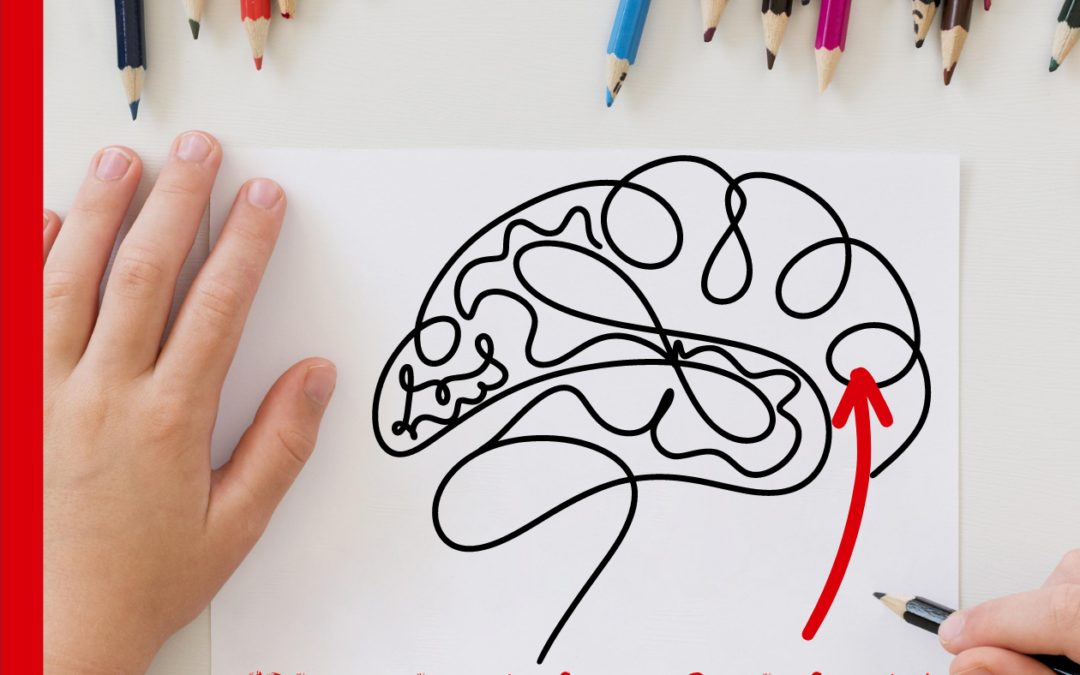Not all scars are visible. Childhood trauma affects the brain, impairing both the brain’s function and structure. While these hurts may seem invisible, they are not. The effects of trauma on the brain are noticeable to those who look for the signs and symptoms in children. Our June blog posts explore how trauma affects the brain and how you can be an attentive adult who sees these ‘invisible’ scars.
Trauma and the Prefrontal Cortex
Most of our higher level thinking, also referred to as executive functioning, comes from the brain’s prefrontal cortex. Cognitive and reasoning skills are associated with this part of the brain. That’s why trauma that affects the prefrontal cortex can delay cognitive and language skills, as well as negatively impact learning. Childhood trauma may result in:- Impulsive decision making Low executive functioning resulting from trauma can lead to higher impulsivity. For example, children could consider it difficult to understand natural consequences of actions. They may also be challenged by activities like setting long-term goals.
- Learning Problems Damage to the prefrontal cortex is sometimes most evident for children struggling in school. Children who experienced trauma can be challenged by activities that require you to think logically, solve problems, and memorize.
- Attention Deficit Disorder Another effect of trauma on the brain is a shorter attention span. Children may have trouble focusing or show other common symptoms of Attention Deficit Disorder.








